Tag: linguistics
Meaningless words like “uh” and “um” say more about their speakers than you might think, according to forensic linguist Jack Grieve. Grieve used data from Twitter to map the frequency of “uh”s and “um”s throughout the country. The winners are clear in some areas, but muddled in others: Grieve said the use of “um” looks to follow the […]
Researchers at the Georgia Institute of Technology analyzed the linguistics of tens of thousands of Kickstarter proposals over the year 2012, to find whether the words people use in their pitches impact whether or not they’re successfully funded. Their findings? You’re more likely to convince people to give you their money if you’re not a […]
Tu veux nous y rejoindre? /ty vø nuz i ʁəʒwɛ̃ndʁ/ You want to join us there? After a couple months of coquettish Facebook chats, my French friends were finally in town. One blond and one dark-haired, they were a couple looking for a third to stop by their hotel. Excited to use the word ménage-à-trois […]
“The” is the most commonly-used word in the English language, a three-letter article that occupies nearly every tweet, text, and status update you send. Now, an Australian restauranteur named Paul Mathis wants to revolutionize the way we use “the,” with “Ћ,” an ampersand-style symbol that could be a one-character stand-in for the ubiquitous word. It […]
Language is constantly changing — if you were to travel just a few decades back in time and tell someone that, say, your boo’s got mad swag when she twerks in those jeggings, they’d look at you like you were batshit (there’s another one) — and that’s just within recent American English. And now, a […]
Every year, the Swedish Language Council chooses a set of new words to be inducted into the nation’s language, like a more official version of what Merriam-Webster does for English. This year, the words included köttrymd (fleshspace, the awesome Swedish version of IRL), brony (which means exactly what you think it does) and tårtgate (cakegate, the […]

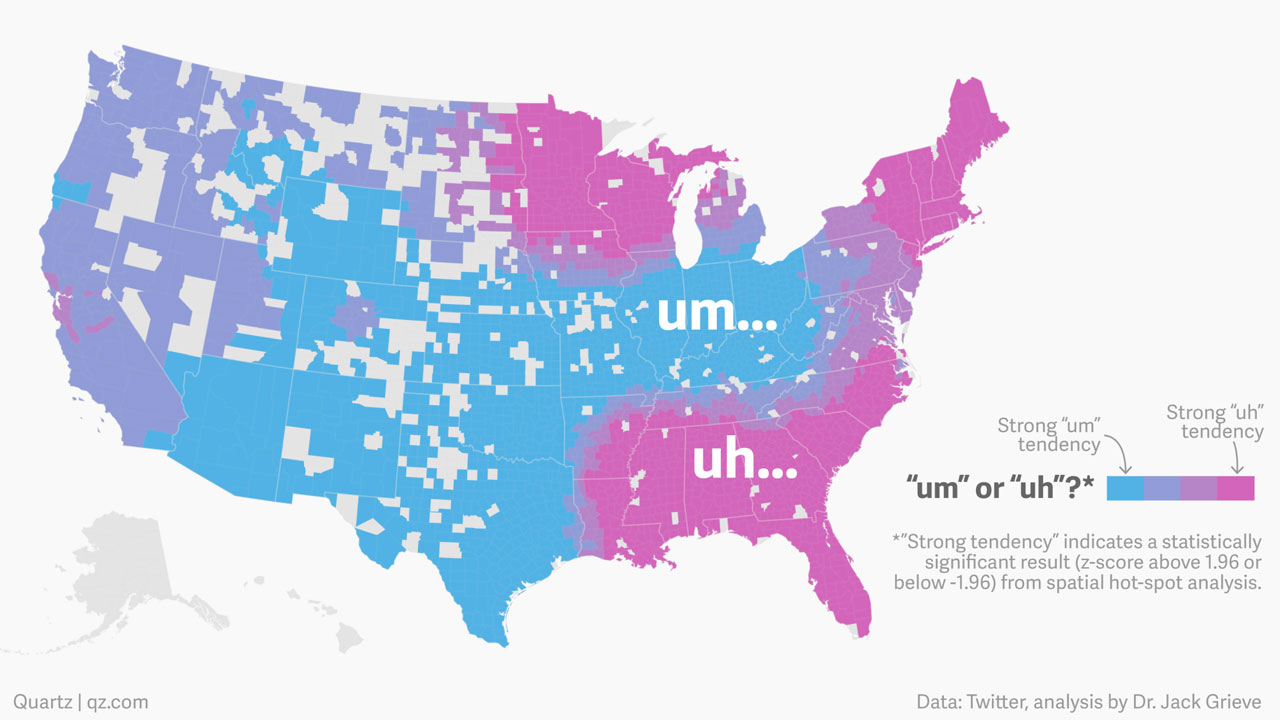
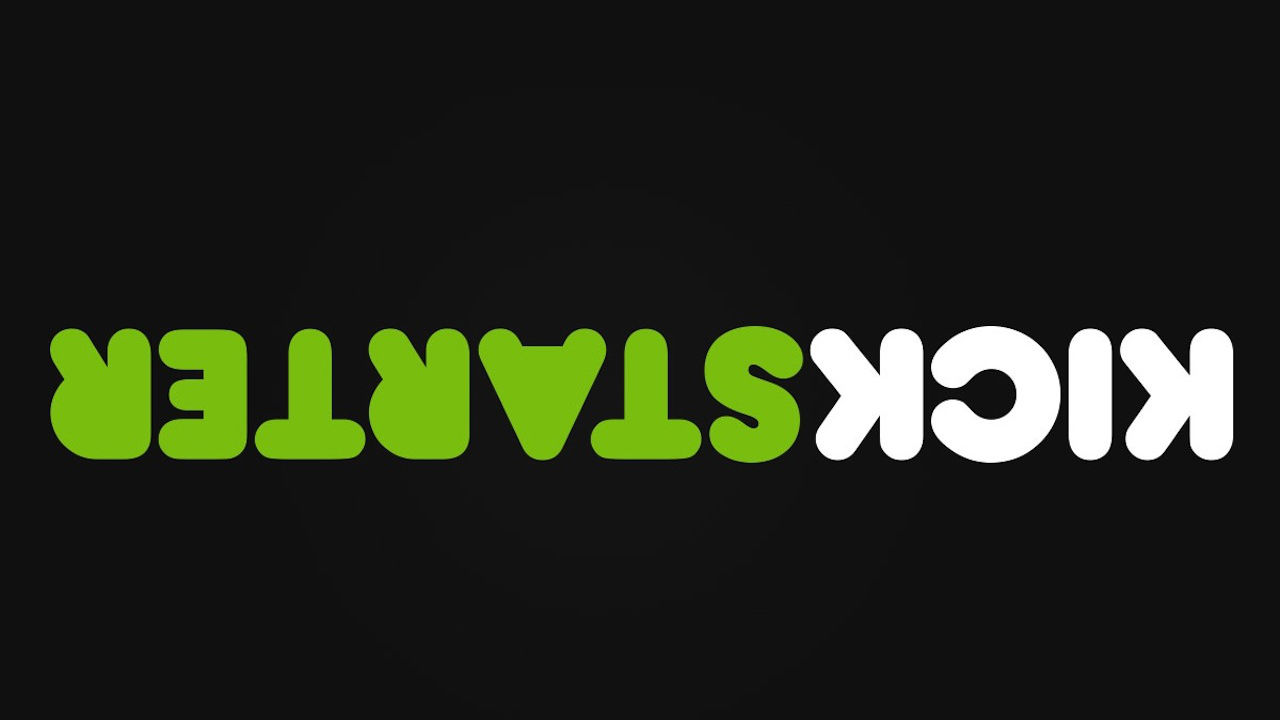
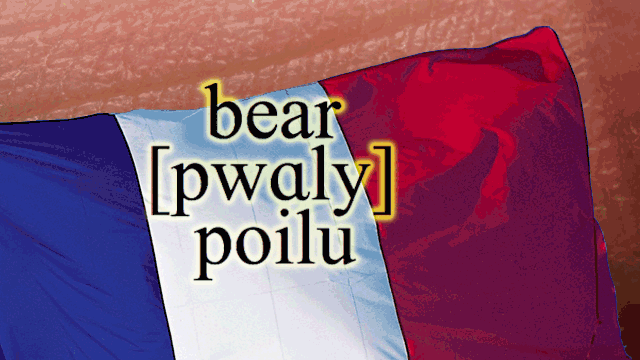
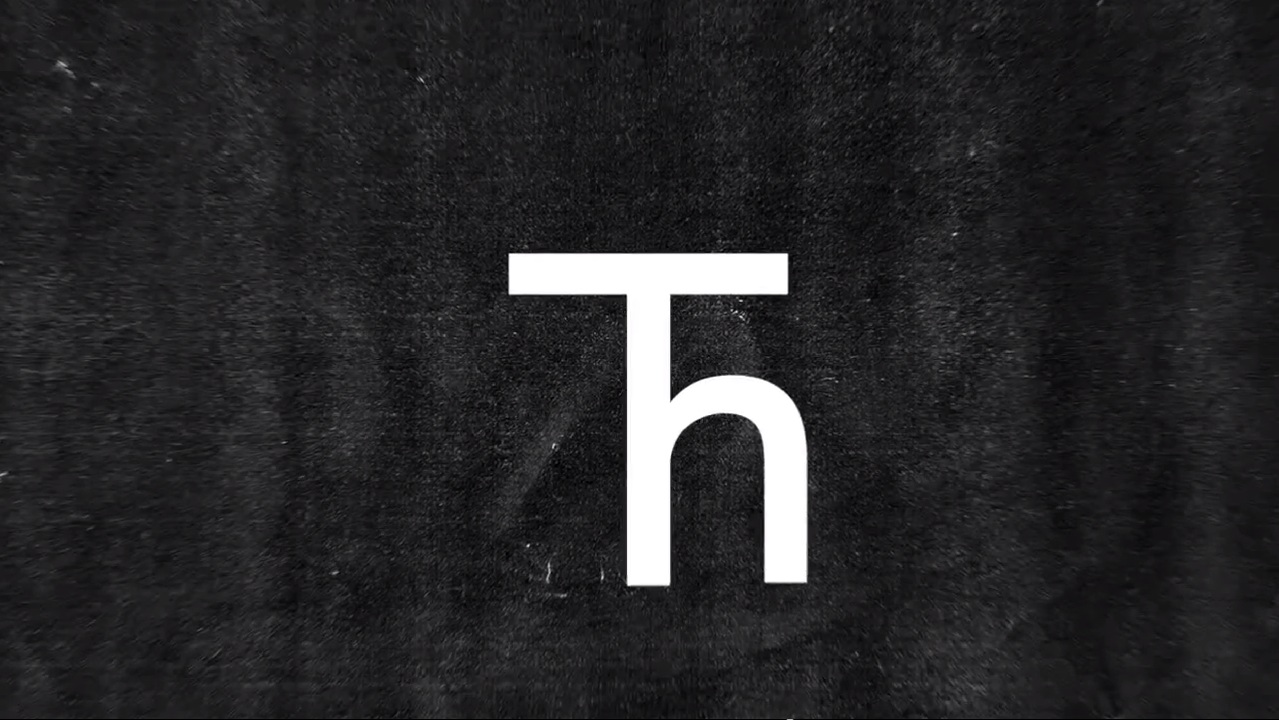
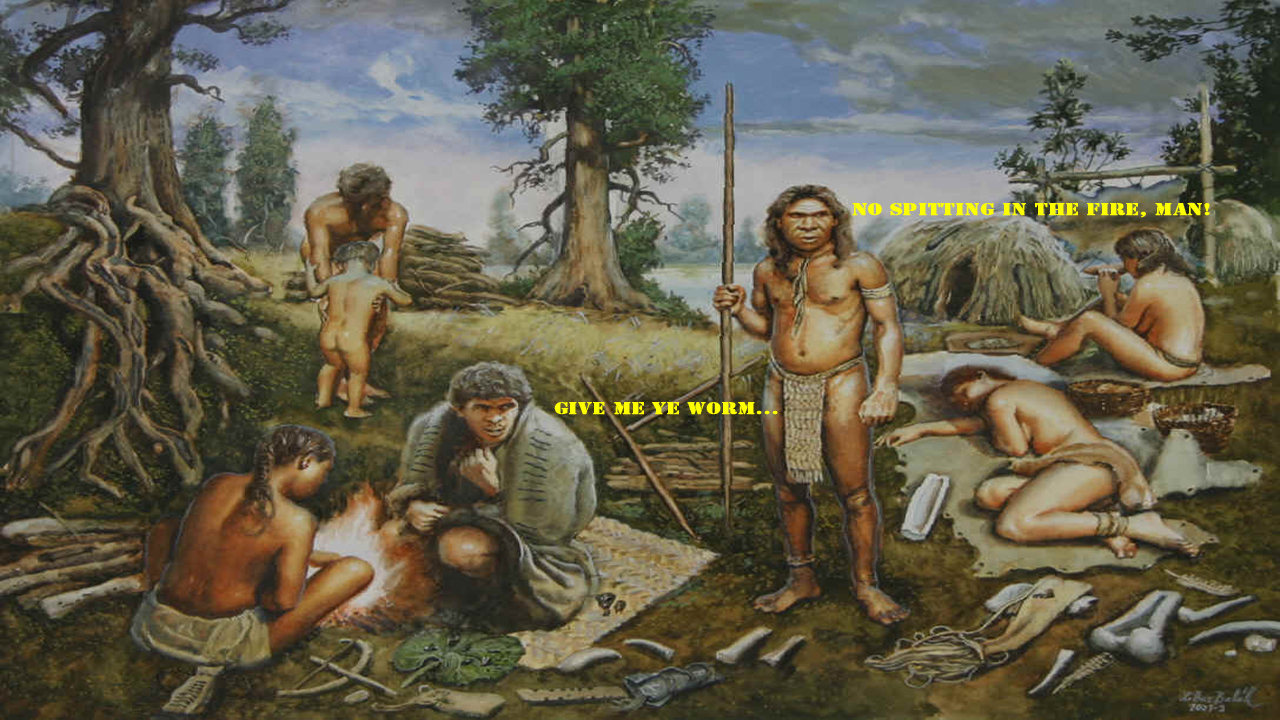
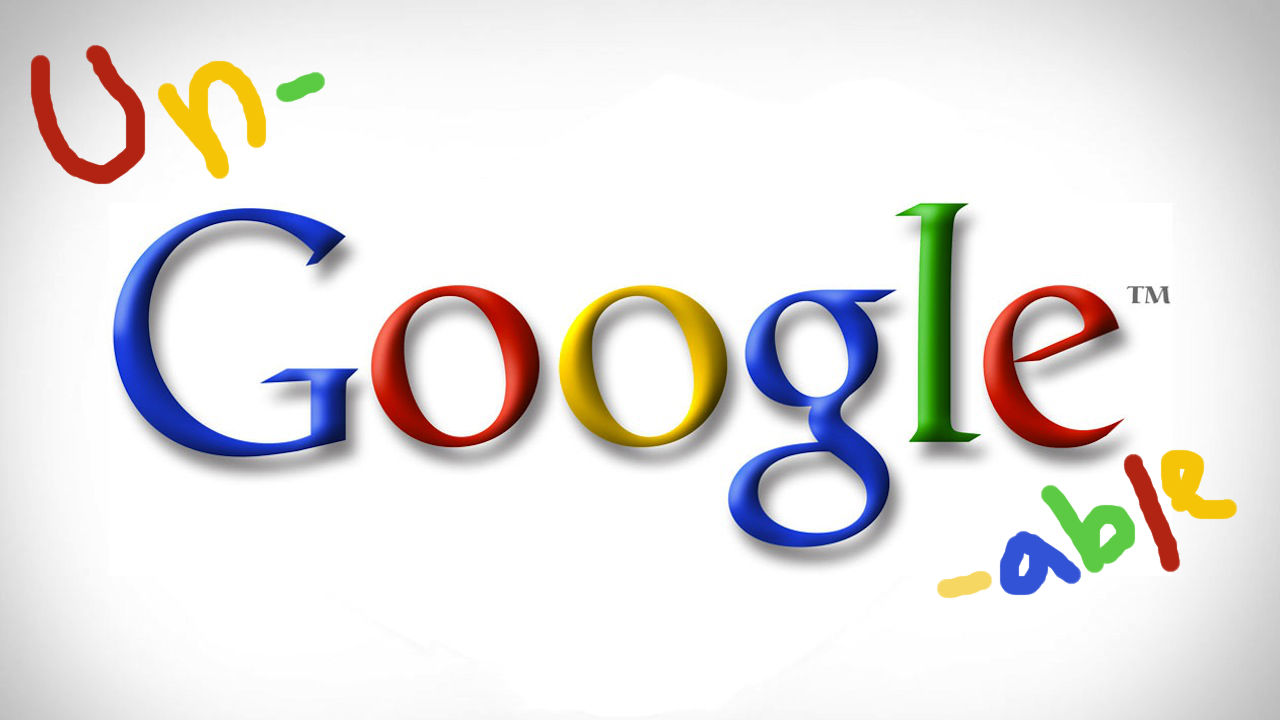




 : @danwitzstreetart
: @danwitzstreetart




 #freights
#freights







 (Protest with @citizenactio
(Protest with @citizenactio






